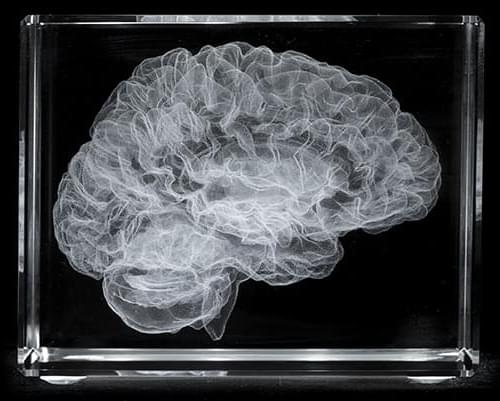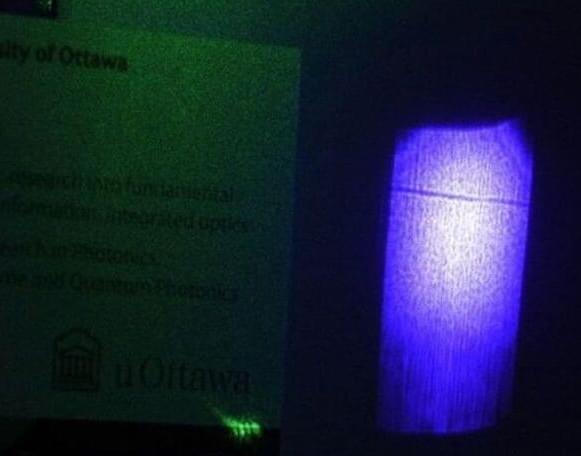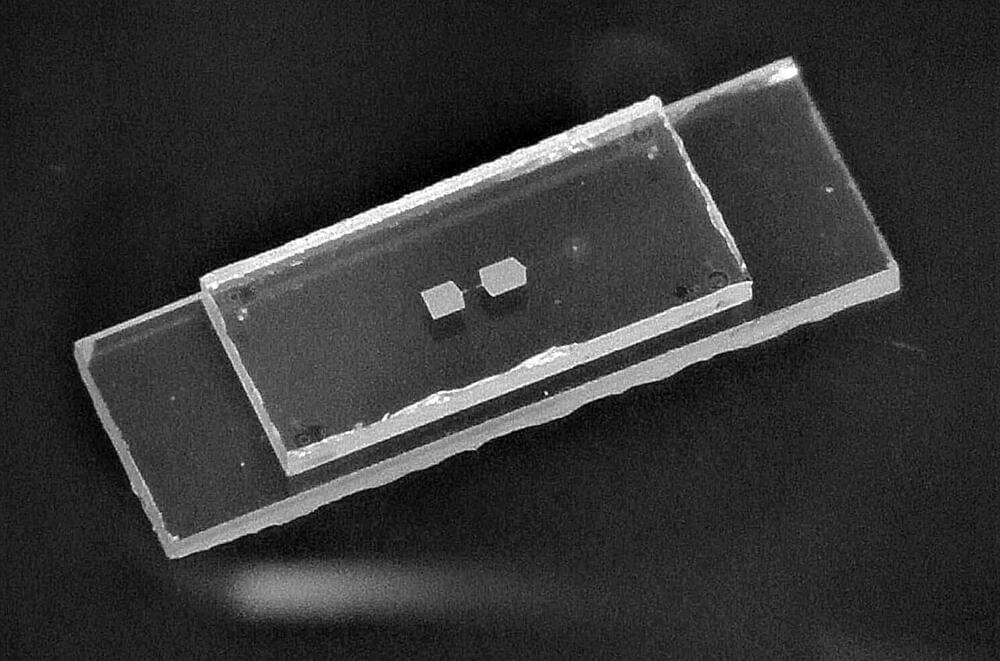
Researchers from Johns Hopkins University have recently discovered several prominent biomarkers that allow for the early diagnosis of dementia and/or mild cognitive impairment (MCI). In a recently published article, evidence has been presented that patients with diabetes type 2 exhibited more changes to their brains than healthy controls, including the shrinking of certain brain areas. These changes occurred earlier in life, and some of the patients developed MCI sooner than others.
The Older Controls at Risk for Dementia (BIOCARD) study is a long-term trial which has been conducted for the past 27 years with the goal of determining how medical conditions and other factors might be impacting cognitive function and perhaps even affecting the biological age of the brain as a whole. BIOCARD was originally a National Institutes of Health initiative, which began in 1995 and later continued at Johns Hopkins University from 2015 to 2023. The cohort consisted of 185 participants, with an average age of 55 years and normal cognitive function.
The trial subjects received routine brain scans and cerebrospinal fluid (CSF) tests for 20 years, in order to measure changes in brain structures and levels of proteins associated with Alzheimer’s disease. Scientists have been increasingly using CSF to attempt to uncover early signs of neurodegenerative disease, since it is a minimally-invasive procedure which is inexpensive and widely available.


















